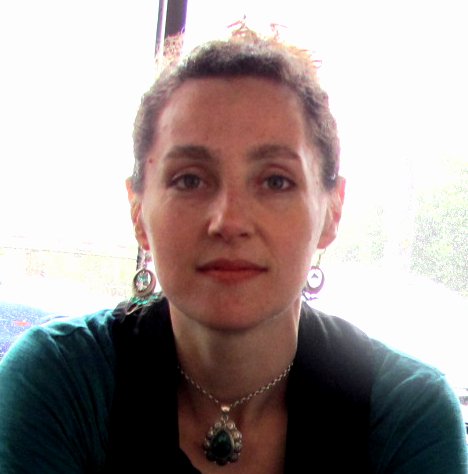Building supervision relationships via phone and Skype
What is clinical supervision? Basically, it is about well-being – the well-being of the worker receiving supervision and the well-being of their clients. The other essential element for effective clinical supervision is the development of a strong, trusting and honest relationship, between supervisor and supervisee. Building and maintaining this relationship can still be possible when supervisors are geographically distant through thoughtful use of technology.
At times telephone contact is the only option. This can work, particularly if there is at least one face-to-face meeting early on to begin the crucial step of relationship building. One way to get the most out of supervision without visual cues can be as simple as taking the time to really double check what is being said. Actively explaining long pauses in the conversation, such as “I wasn’t speaking for a moment because I was just thinking about...” or asking someone to describe their physical reaction, e.g. “If I were looking at you now, what would I see? Are your shoulders tensed up?” are great ways to compensate for the lack of cues to body language.
Skype with video makes clinical supervision even more effective, particularly while still forming the essential supervision relationship. Body language enhances communication as well as ensuring everyone is paying attention. It can sometimes to be a relief to know that your supervisee or supervisor is listening, not secretly eating their lunch or checking their emails!
It can also take some time to get used to little things, such as the way the placement of cameras on the top of a laptop results in the appearance of the other person looking down, even when they are actually looking at your image on the middle of the screen.
Where there is a commitment to honest communication and a true desire to create a supportive connection between two workers, really positive and effective clinical supervision can take place – despite lack of physical proximity or glitches in technology.
This article first appeared in TSU Connections – Easter 2013, the newsletter for the Training Support Unit for Aboriginal Mothers, Babies and Children.
Lisa Derham



